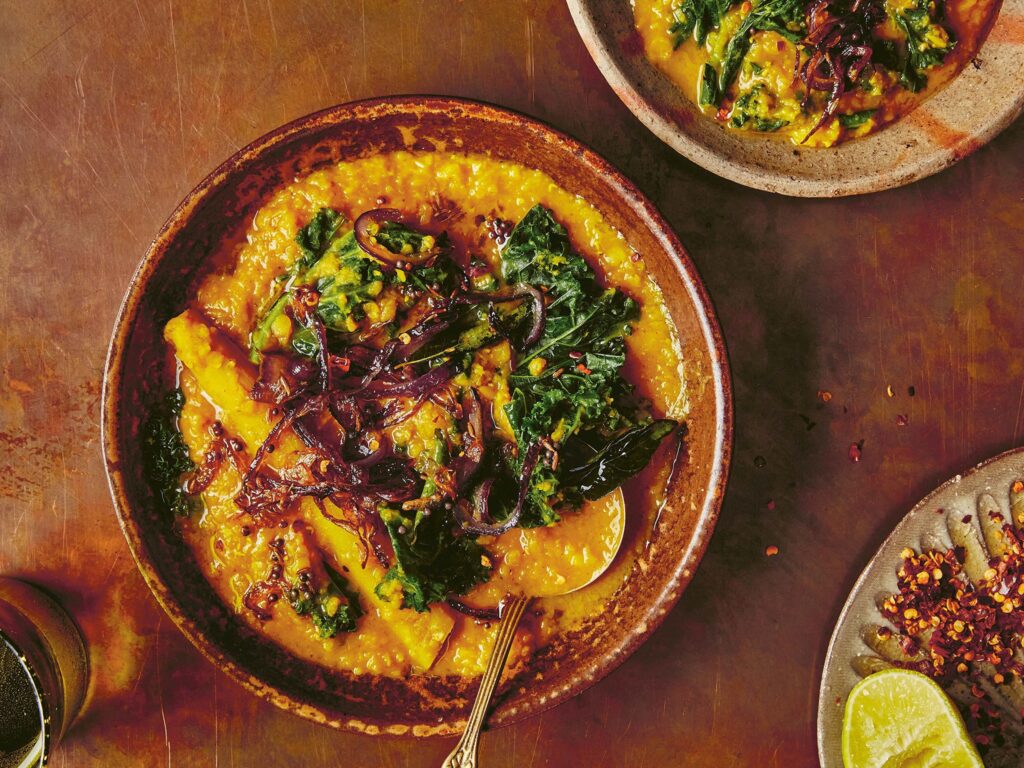Coconut is a versatile and healthy ingredient that has been a staple in tropical cuisine for centuries. Coconut oil can be used in cooking and baking to increase metabolism and boost the immune system. Coconut milk adds a rich texture and flavor to curries, soups and smoothies, and its saturated fats are easy to digest and metabolize. Coconut flour is gluten-free and high in protein, fiber, iron, and manganese, while shredded coconut is high in dietary fiber. Coconut water is a low-calorie, hydrating beverage that reduces blood pressure and supports cardiovascular health, and coconut aminos are a soy sauce alternative that aids muscle growth and repair.
Exploring the World of Coconut: 6 Different Ways to Use it in Your Cooking
Coconuts have been a staple in tropical cuisine for centuries, and with good reason. Not only do they add a unique flavor and texture to meals, but they also have numerous health benefits. Here are six different ways you can use coconut in your cooking and why you should consider incorporating it into your diet.
Coconut Oil
Coconut oil is a versatile ingredient that can be used in a variety of dishes, including sautéing vegetables or as a substitute for butter in baking. It’s rich in medium-chain triglycerides, which have been shown to increase metabolism and promote weight loss. Additionally, coconut oil has antimicrobial properties that can improve gut health and boost the immune system.
Coconut Milk
Coconut milk is a creamy liquid made from blending coconut meat and water. It’s commonly used in curries, soups, and smoothies for its rich texture and flavor. Coconut milk is high in saturated fats, but they are predominantly medium-chain fatty acids, which are more easily digested and processed by the liver for energy rather than stored as fat in the body.
Coconut Flour
Coconut flour is a gluten-free flour made from finely ground coconut meat. It’s a great alternative to traditional wheat flour, as it’s high in fiber and protein and low in carbohydrates. Coconut flour is also rich in iron and manganese, two important minerals for maintaining healthy blood and bone health.
Shredded Coconut
Shredded coconut is a popular ingredient in desserts such as macaroons and coconut cake. It’s also a great addition to breakfast foods such as oatmeal or yogurt bowls. Shredded coconut is high in dietary fiber, which can help regulate digestion and prevent constipation.
Coconut Water
Coconut water is the clear liquid found inside young green coconuts. It’s a refreshing and hydrating beverage that’s low in calories and high in electrolytes such as potassium and magnesium. Coconut water has been shown to reduce blood pressure and improve cardiovascular health.
Coconut Aminos
Coconut aminos are a soy sauce substitute made from coconut sap. It’s a great option for those who are avoiding soy due to allergies or dietary restrictions. Coconut aminos are low in sodium and contain amino acids that support healthy muscle growth and repair.
In conclusion, there are many different ways to incorporate coconut into your cooking, each with their own unique nutritional benefits. Whether it’s coconut oil for cooking or shredded coconut for baking, adding coconut to your diet can provide numerous health benefits and add a delicious tropical twist to your meals.
